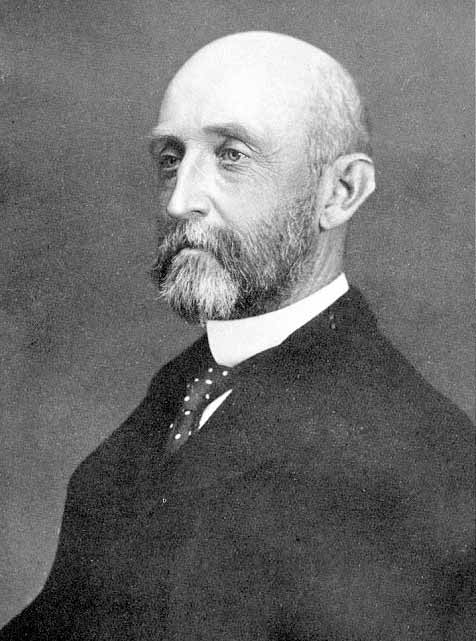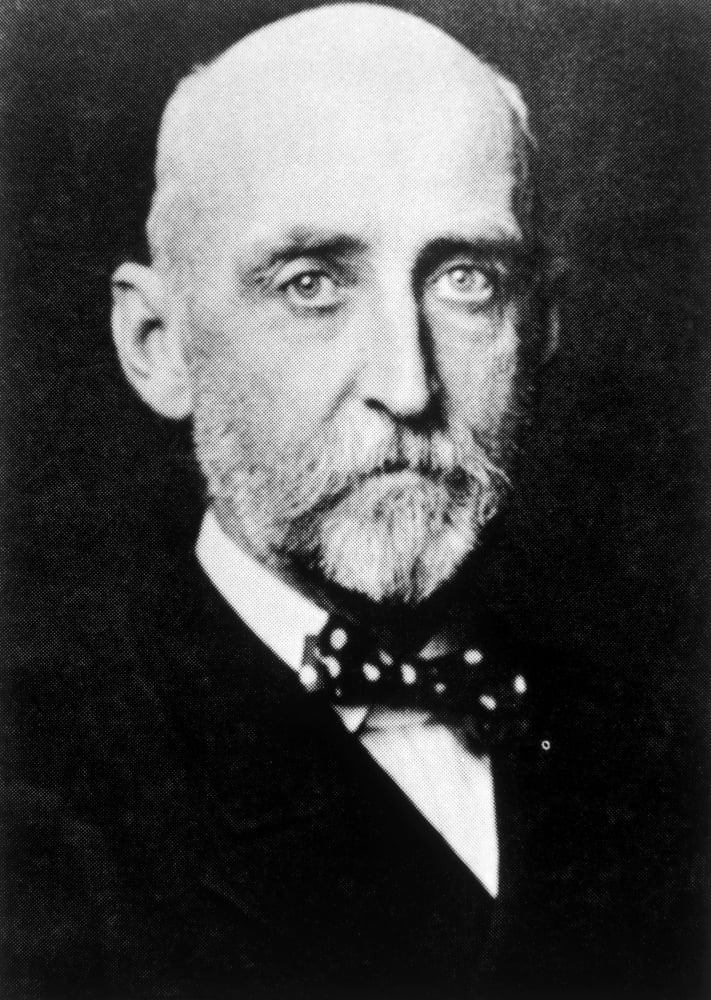
Mahan believed any strategic appreciation of how or why to use navies had to be informed by that reality. The first thing Mahan calls for in his essay is “an antecedent appreciation of the political, commercial, and military exigencies of the state.” At the turn of the 20th century the world was experiencing globalization with an unprecedented scale and speed. It gets directly to the heart of the questions a document like CS21 must answer, what are the ideas which govern how we deploy and use our fleet today? Three Thoughts from The Prophet In 1901, Mahan wrote an essay for the British journal National Review entitled “Considerations Governing the Dispositions of Navies.” It was a study of why, where and how a nation should exercise their naval forces in times of relative peace, “for the dispositions of peace should bear a close relation to the contingency of war.” While the essay is little known compared to his seminal book, the noted strategist of the 1930s and 1940s Herbert Rosinski wrote that it was probably some of Mahan’s best work.
#Alfred thayer mahan how to
If only he had written something relevant to navies with engines instead of sails, that discussed how to dispose of a global fleet in a time of relative peace, with rising great powers. Much of the Mahanian discussion focuses on “The Influence of Sea Power Upon History.” Because of the book’s focus on the age of sail we hear that it’s a shame he didn’t write something more useful for us in the 21st century.
#Alfred thayer mahan professional
One of the godfathers of the Naval War College and professional military education, his name has also become a nearly mandatory cliché when discussing naval strategy.

One of the names which came up a few times at Current Strategy Forum was Alfred Thayer Mahan. CAPT “Barney” Rubel (ret), the outgoing Dean of Naval Warfare Studies in Newport, points this out in his recent monograph “ Writing to Think.” He tells us that taking the time to sit down and write about professional subjects like strategy and policy has the ability to clarify and organize things, making our thoughts more useful. Luckily, the anonymous student stumbled upon the perfect way to provide the feedback: writing about it. This is reflected in some of the internet “after action” writing, including a post written with obvious frustration by a War College student and published at Steeljaw Scribe and CDR Salamander. One of the things the organizers of the conference failed to offer, however, was an obvious outlet to provide the feedback.

One of the things Admiral Greenert said, and was repeated a number of times by the other Admirals, was that the OPNAV staff is looking for help in working on the new iteration of the Cooperative Strategy for 21st Century Seapower (CS21).


 0 kommentar(er)
0 kommentar(er)
